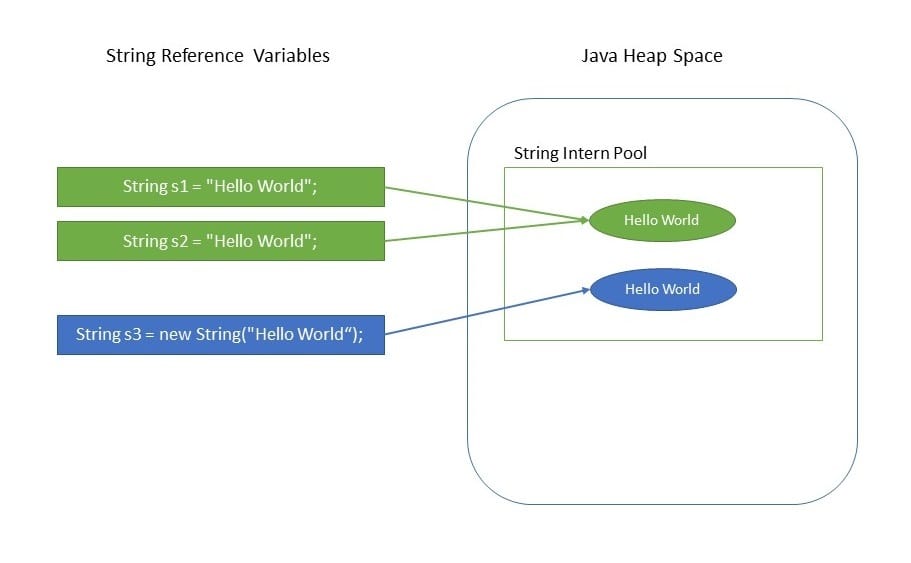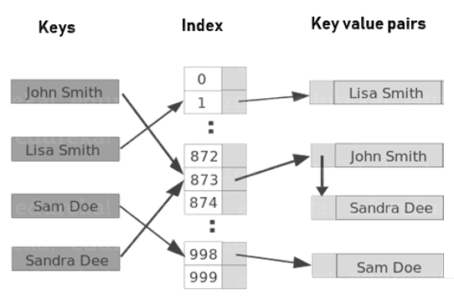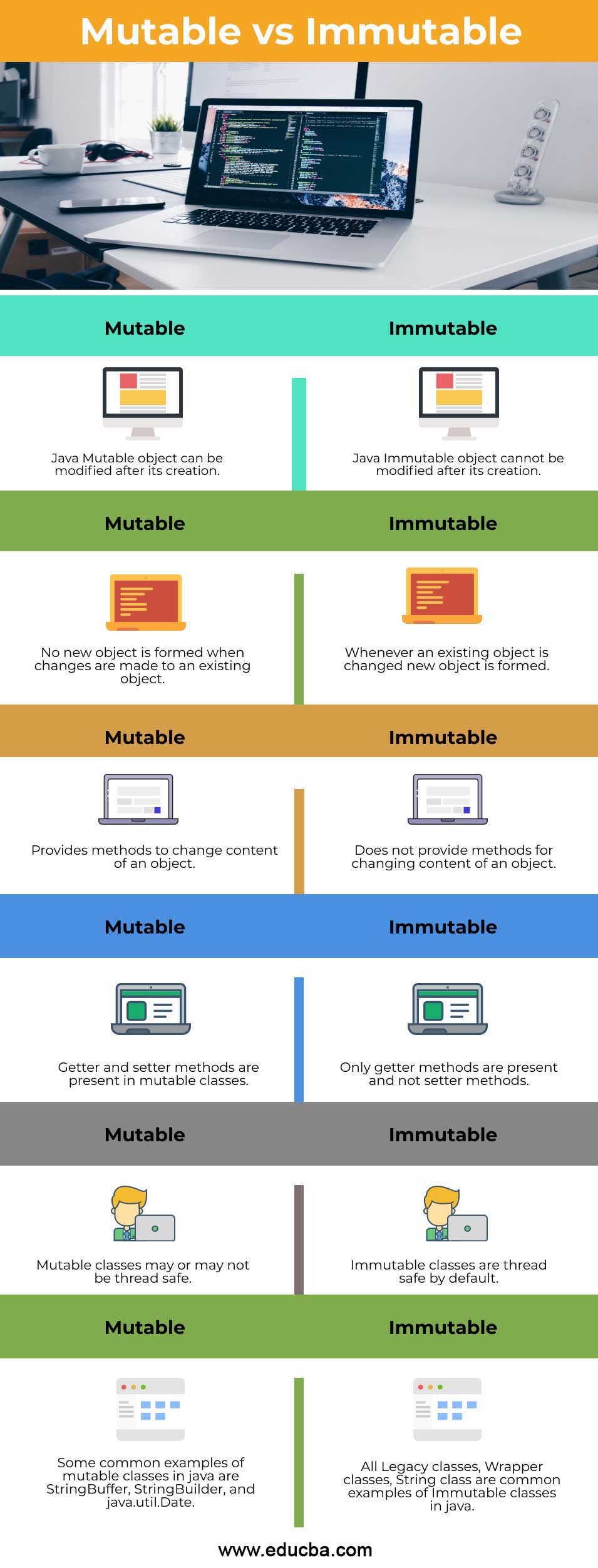What Is Unalterable Strings and Exactly How It Works
In the realm of shows, recognizing the concept of unalterable strings is vital for producing robust and secure applications. Unalterable strings refer to strings that can not be modified after they are developed, ensuring data honesty and predictability within the code. This fundamental principle plays an important function in numerous programs languages and uses an unique strategy to managing data. By exploring the details of just how unalterable strings function, one can uncover a world of advantages and possibilities that can boost the top quality and performance of software program development.
The Basics of Immutable Strings
Unalterable strings, as an essential concept in programs, are personality sequences that can not be changed once they are produced. This indicates that as soon as a string is designated a worth, that worth can not be changed. In languages like Python and Java, strings are unalterable items, causing various implications in terms of memory monitoring and data honesty.
One of the vital advantages of unalterable strings is that they supply a complacency in data manipulation. Since the web content of an immutable string can not be modified, it makes sure that the original data remains intact, lowering the risk of unplanned changes during program execution (Why are strings immutable in Java?). This home additionally streamlines debugging processes, as programmers can trust that when a string is specified, its worth will certainly not be accidentally modified
In addition, unalterable strings help with effective memory usage. When a new string is produced based upon an existing one, rather than modifying the original string, the brand-new worth is kept independently. This technique boosts efficiency by minimizing memory fragmentation and streamlining memory allocation processes. Generally, comprehending the fundamentals of unalterable strings is vital for grasping programs ideas and optimizing code performance.
Advantages of Unalterable Strings
Structure upon the security and efficiency advantages of immutable strings, their benefits reach improving code integrity and streamlining simultaneous programming tasks. By being immutable, strings can not be changed after development, which eliminates the danger of unintended adjustments in the information they store. This inherent immutability ensures that as soon as a string is developed, its value stays constant throughout the program's execution, lowering the opportunities of insects triggered by unexpected modifications.
Additionally, immutable strings add to code reliability by making it much easier to reason concerning the state of a program. Because strings can not be transformed, programmers can trust that a string will constantly hold the same worth, streamlining debugging and upkeep efforts. This predictability leads to much more reliable and secure codebases.

Implementation in Programs Languages
Within different programs languages, the incorporation of unalterable strings is a basic aspect that impacts how information is managed and controlled within code frameworks. The execution of unalterable strings varies throughout different programs languages, with each language using its very own devices to sustain this concept.

In contrast, languages like C and C++ do not have built-in assistance for unalterable strings. Developers in these languages need to manually apply immutability by applying rules within their code to avoid straight modifications to string items.
Finest Practices for Collaborating With Unalterable Strings
When taking care of immutable strings in programming languages like Java and Python, sticking to best methods makes certain efficient and protected data manipulation. One of the crucial best methods is to utilize StringBuilder or StringBuffer rather of straight controling strings, specifically when managing comprehensive concatenation procedures. why not look here These classes offer mutable alternatives for string manipulation, assisting to stay clear of unnecessary memory allotments and enhancing efficiency.
Additionally, when working with sensitive information such as passwords or API keys, it is important to avoid keeping them as simple message in unalterable strings. Using safe storage devices like char varieties or specialized libraries for dealing with sensitive details aids reduce security threats associated with unalterable strings.
Real-world Applications and Instances
Checking out functional implementations of unalterable strings in numerous sectors discloses their considerable influence on information integrity and system integrity. In the healthcare market, unalterable strings play an important function in guaranteeing the safety and discretion of client information. By protecting against unauthorized modifications to sensitive information such as clinical documents and prescriptions, unalterable strings help keep compliance with strict privacy guidelines like HIPAA.
Banks additionally gain from the immutable nature of strings to boost the safety and security of client data and purchase records. Immutable strings help avoid fraud and unapproved alterations to monetary info, giving a durable protection versus cyber dangers and making sure the trust fund and self-confidence of customers.

Conclusion
Ideal methods for functioning with immutable strings include staying clear of direct adjustments and utilizing methods that return brand-new string objects. Real-world applications of immutable strings include information security, caching, and string adjustment jobs.
Immutable strings refer to strings navigate here that can not be altered after they are created, making certain data honesty and predictability within the code. When a brand-new string is created based on an existing one, instead than changing the original string, the brand-new value is stored separately.In languages like Java and Python, strings are unalterable by default, suggesting that once a string object is created, its worth can not be transformed - Why are strings immutable in Java?. Finest methods for functioning with unalterable strings consist of avoiding direct alterations and utilizing methods that return brand-new string items. Real-world applications of immutable strings include data encryption, caching, and string adjustment jobs